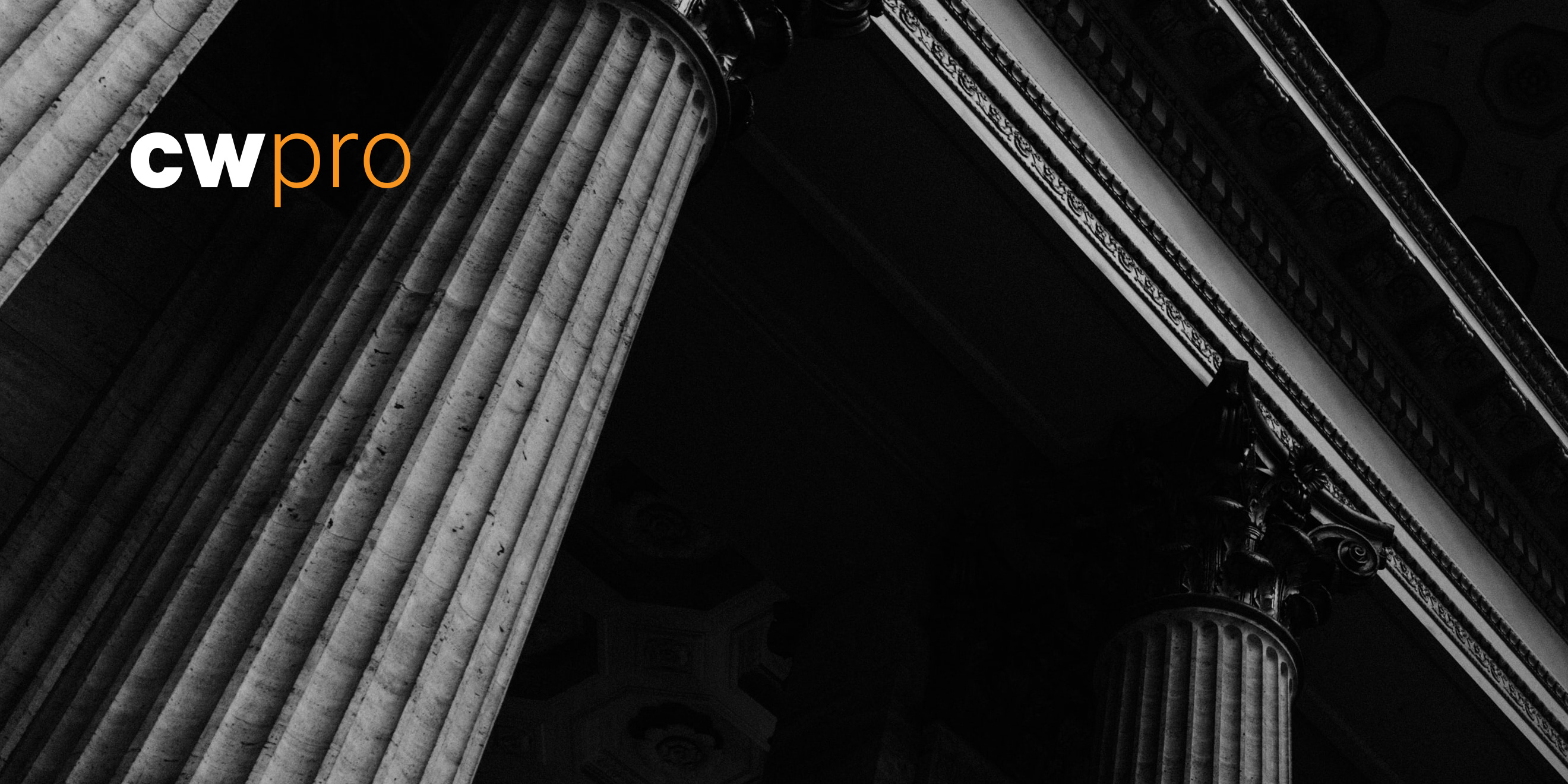At a glance.
- US-convened international ransomware conference opens.
- A comparison of relative Sino-American proficiency in AI and cybersecurity.
- Australia considers holding social media responsible for users' defamatory posts.
- Europe set to restrict microtargeting of political ads.
- Cybersecurity for US K-12 education.
- Anti-corruption policy and the Pandora Papers.
The international ransomware conference has opened.
And it's US allies only. The promised high-level conference on ransomware kicked off today. Special sessions, the Washington Post reports, will address "resilience, virtual currencies, law enforcement disruptions and diplomacy." The US engaged some thirty countries who'll be attending the two days of meetings. TheHill and others note that Russia wasn't invited, because the current ransomware surge is generally regarded as driven by Russian-inspired or the very least Russian-tolerated gangs ("privateers," as Cisco's Talos Group aptly called them back in May).
Ex-Pentagon staffer raises questions about US cybersecurity prowess.
Nicolas Chaillan, a former senior cybersecurity official (specifically, the US Air Force's Chief Software Officer) at the Pentagon, has made waves since explaining on LinkedIn that he exited his role because he feels the US Department of Defense (DoD) has failed to make cybersecurity a priority, Yahoo reports. He told the Financial Times, "We have no competing fighting chance against China in fifteen to twenty years. Right now, it's already a done deal; it is already over in my opinion." However, in an update on LinkedIn, he said he felt his words had been misconstrued. “I said as it stands and if we don't wake up NOW we have no fighting chance to win against China in 15 years.” Whether Chaillan is correct is a matter of debate, and Bloomberg posits that China’s prowess isn’t as formidable as it might seem. While China has focused mostly on disciplines related to surveillance like computer vision and pattern recognition, the US has applied AI across many disciplines and with a wider scope, becoming a leader in machine learning and natural language processing engines, essential for tools in smart speakers, customer service chatbots, and financial fraud detection.
Australia calls social media platforms to task.
Australia’s Communications Minister Paul Fletcher stated on Sunday that the government is contemplating holding social media platforms responsible for defamatory content posted by users, Reuters reports. This comes on the heels of Prime Minister Scott Morrison’s declaration that social media is "a coward's palace." Last month, the country's highest court ruled that publishers are responsible for comments posted on online forums, and Morrison says lawmakers are considering measures to hold social media platforms similarly accountable.
European Commission cracks down on political ad microtargeting.
The European Commission is expected to unveil proposals in November aimed at preventing political parties using social media to manipulate voters, Politico reports. The regulations would require parties and social media platforms to be more transparent about ad purchases targeted at specific populations, or microtargeting. While the Commission determined that banning microtargeting altogether would be “disproportionate" as it could inadvertently penalize smaller political parties, increasing transparency should give voters a better understanding of the sources behind the political messaging they see.
US Federal bill offers cybersecurity support for K-12 learning.
The Hill reports that President Biden has signed the K-12 Cybersecurity Act, which calls for the Cybersecurity and Infrastructure Security Agency (CISA) to develop cybersecurity recommendations and tools to help schools defend against cybercriminals. A report from the K-12 Cybersecurity Resource Center showed US schools experienced an average of two attacks per day in 2020. In an official statement from the White House, President Biden remarked “The global pandemic has impacted an entire generation of students and educators and underscores the importance of safeguarding their sensitive information, as well as for all Americans.” Representative Elissa Slotkin (D-Mich.), one of the bill’s co-sponsors, explained, “Our bill lays the groundwork for better cybersecurity policies in our schools and stronger coordination between them and the experts at CISA.”
The Pandora Papers and anti-corruption policy.
In the wake of the release of the Pandora Papers, the Atlantic Council predicts that the White House will make anti-corruption a priority. It stands to reason that fighting the type of unscrupulousness revealed in the Papers is something that all citizens should support, and as President Biden told the United Nations (UN) General Assembly in September, corruption is “nothing less than a national security threat in the twenty-first century.” Thus there seems potential for international support as well. Indeed, the UN estimates that corruption costs the world $2.6 trillion annually. But the challenge, the World Politics Review explains, is that citizens don’t trust governments to do anything about it. According to Transparency International’s Corruption Perceptions Index, most citizens consider governments to be a source of corruption, and given that the Papers exposed the unscrupulous, yet technically legal, financial activities of government officials across the globe (including, World Politics Review reports, nearly fifty politicians and public officials from eighteen African countries), are they wrong?
